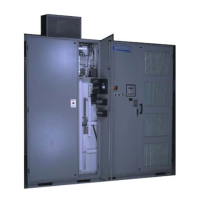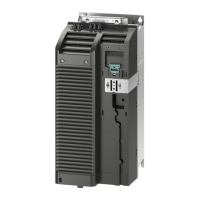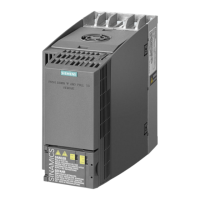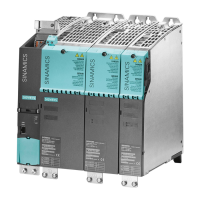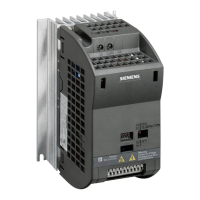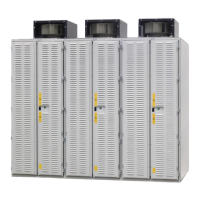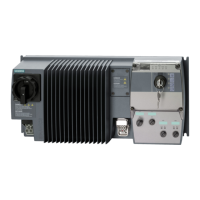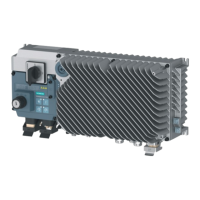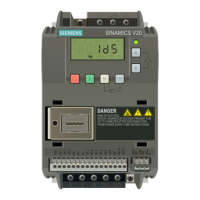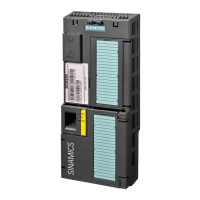Note
It is possible to have a water-cooled transformer on an A/C drive, or an air-cooled transformer
on a W/C drive. Set the harmonic load factor according to the type of transformer cooling .
Note
When secondary current protection is the active torque limit causing rollback, the display reads
"TRSB" in the Mode position.
7.9.4 Excessive Drive Losses Protection
The excessive drive loss protection guards against low-level fault currents. After initial power-up,
the detection algorithm allows detection of a catastrophic cell fault during cell bypass that could
result in collateral damage to other adjacent cells if not immediately acted upon by the removal
of input voltage from the source of the drive. This algorithm is an integral part of the input
protection of the drive.
Drive losses are calculated as the dierence between the measured input and output powers,
and compared against reference losses. When the calculated losses exceed the reference losses,
a drive trip is issued. This condition is "excessive drive losses."
In addition to this response, a digital output is set low in the SOP, which in the default drive
conguration is used to open the input disconnect device. The xed reference limit is low
enough to detect a fault in one set of transformer windings, and at the same time is large enough
to avoid nuisance trips. When the drive is not supplying power to the motor, the losses in the
system are primarily due to the transformer; the xed limit is then lowered to increase the
sensitivity of the protection routine.
An inverse power loss function is implemented for excessive drive loss protection. The excessive
drive loss algorithm is always enabled, and can be set as an alarm via a SOP ag, for cells other
than air-cooled 6SR4 and 6SR5, or water-cooled 6SR325.
For air-cooled 6SR4 and 6SR5, or water-cooled 6SR325 drives, the input protection is
implemented in the control code to operate dedicated outputs to open the main contactor. The
customer interface must allow these outputs to trip the breaker to provide this protection.
Calculation of Drive Losses
The control uses input power and output power calculations to determine whether an internal
fault has occurred. Drive power loss is estimated as the dierence between input power and
output power. This quantity is continuously checked with a pre-dened threshold that is inverse
time-based, i.e., if the threshold is exceeded by a large margin, then the trip occurs a short time
after the event, and vice-versa.
The recharging power to the cells after a prolonged low input line or line dip is accounted for to
prevent false trips.
Operating the Control
7.9 Input Side Monitoring and Protection
NXGPro+ Control Manual
208 Operating Manual, A5E50491925A
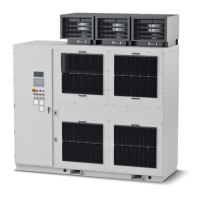
